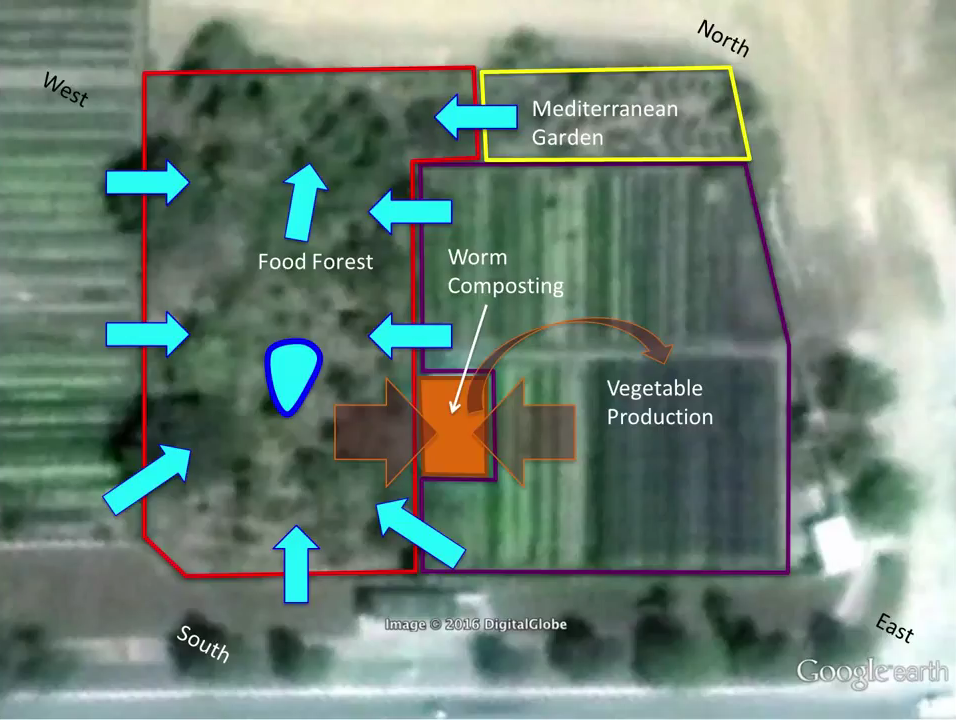15 Design as a Response to Zones and Sectors: Cause Studies
Let’s see how the theories of zone and sector design are actually put into place on sites from very different climates and situations. Using mostly overhead imagery from Google Earth, we’ll examine the design patterns of each specific site to understand the process used to create the Permaculture design. Think about your own site while you watch these. What are the major forces that you need to address for your unique location? Is it privacy, pollution, strong sun, or wildfire danger? Each site has its own set of conditions, and every Permaculture design is site specific. So enjoy watching these videos and learning how each of these sites was designed using Permaculture.
Melliodora, Australia
This is David Holmgren’s site again in Australia, and in this video we put together the zone and sector analysis to illustrate the pattern of the site’s design.
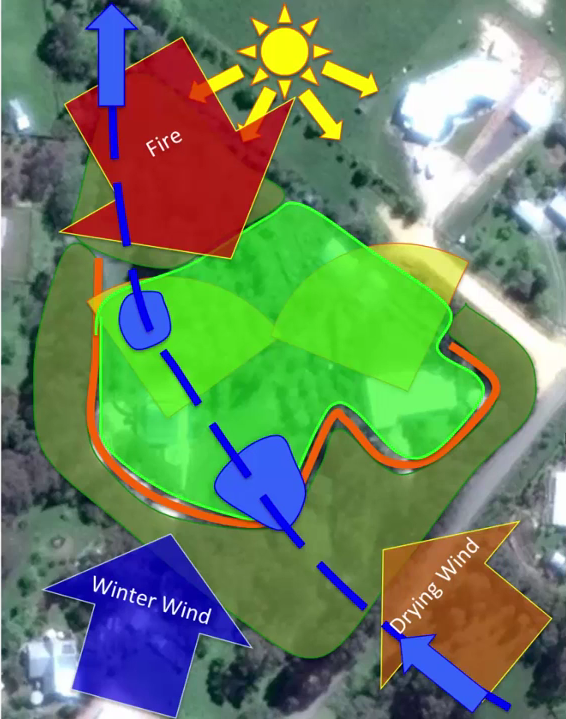
Featured Links
Kinesi Orphan’s Garden, Tanzania
This is a site meant to feed orphans and help the families who take them in. It was developed with the support of the Global Resource Alliance, and planned by well-known African Permaculturists, Alias Mulambo and Julious Piti.
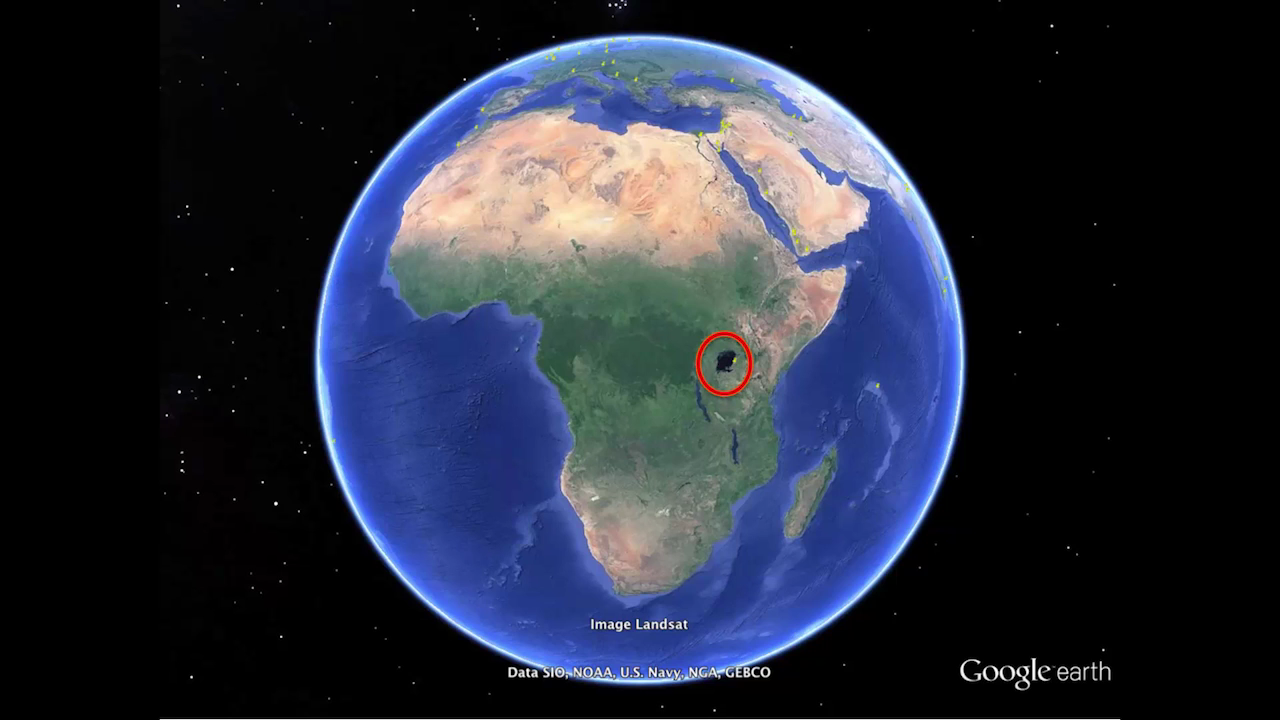
Featured Links
Ecohood, Arizona, USA
This is the former home and demonstration site of Andrew Millison in Prescott, Arizona, USA. It is a 1/8 acre urban lot in the high desert.
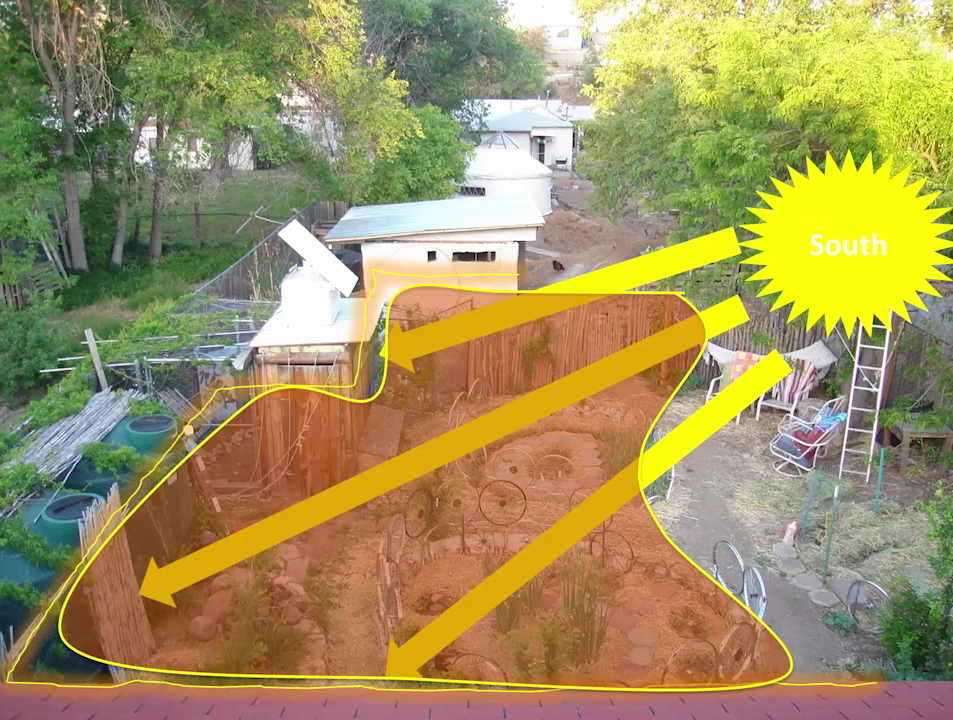
Featured Links
Milagro Co-housing, Tucson, Arizona, USA
This co-housing community is an excellent example of many Permaculture design strategies, especially water harvesting and passive solar design. Try and guess what natural feature the community is patterned after as you go through the video.
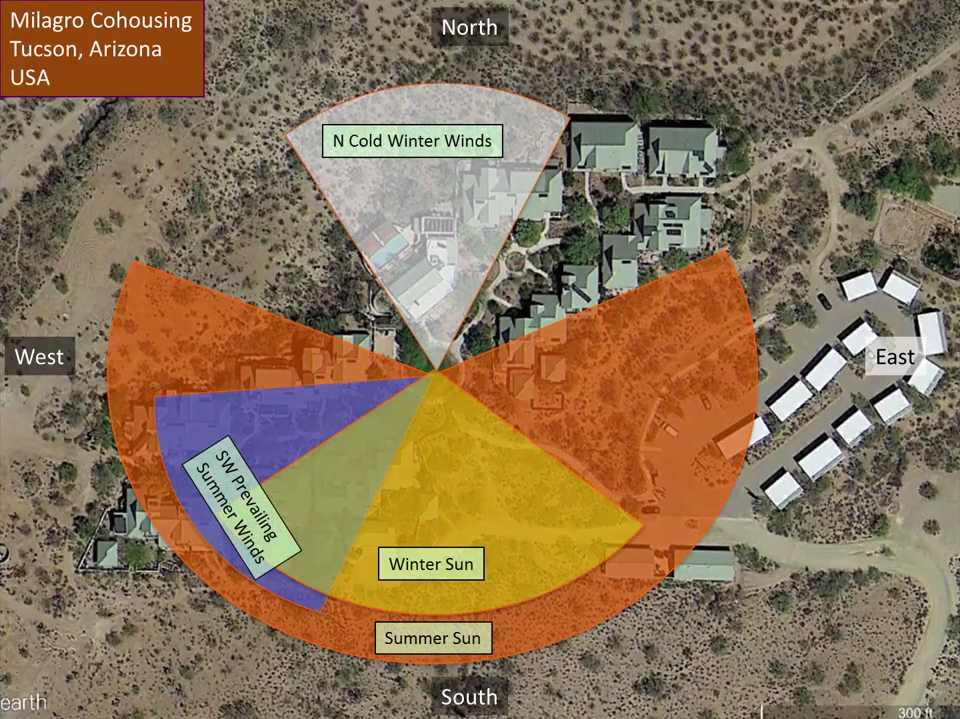
Featured Links
Organoponico, Sancti Spiritus, Cuba
Small organic farms are everywhere in Cuba, and Permaculture design is firmly embedded in the design and fertility cycles of these farms, called “organoponicos”. This video explores the design of one such farm.
